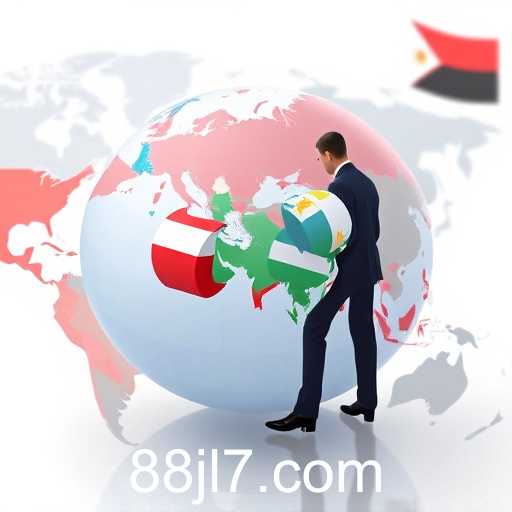An intriguing look into the category of 'World Politics' as a game theme on popular websites, shedding light on the fusion of geopolitical education and interactive gaming.
In the ever-evolving landscape of online gaming, niche categories have begun to emerge, capturing the interests and imagination of diverse audiences. One such intriguing niche is 'World Politics,' often represented on gaming platforms under unique identifiers, such as the keyword '88jl'. This category not only offers entertainment but also serves as an educational tool, providing insights into the complex, dynamic nature of global interactions.
World Politics as a gaming category uses simulation to allow players to engage with real-world scenarios in a virtual sandbox. Players might find themselves managing an entire country, navigating through international diplomacy, or even engaging in negotiations akin to those seen in the United Nations. The objective is to maintain balance and stability, much like leaders must do in real life, making strategic decisions that affect the game's outcome.
These games often incorporate a wide range of geopolitical topics, from economic sanctions, climate agreements, and trade wars, to more sensitive issues like nuclear disarmament and international conflict. By simulating such events, players can experiment with strategies and learn the implications of decisions on a global scale. This immersive experience draws players deeper into the mechanics of international relations, shedding light on the real pressures faced by global leaders.
Moreover, games in this category often feature up-to-date scenarios reflecting current events, offering players a chance to explore alternate outcomes to international challenges. This dynamic interaction between gameplay and real-world politics not only educates but also cultivates a more informed player base, encouraging players to follow real-world events more closely.
The educational potential inherent in the 'World Politics' category caters to a growing segment of gamers interested in more than just entertainment. These games provide an interactive platform for learning and engagement, shaping the perceptions of how players view and understand the global stage. As technology advances, the potential for more sophisticated simulations grows, promising an even richer experience for enthusiasts of both gaming and global politics.
In conclusion, the 'World Politics' game category is more than just a pastime - it is an innovative approach to education and strategic thinking. It transforms the way players interact with world affairs, offering them the tools to better understand the complexities of international relations through the unique lens of interactive gameplay.




